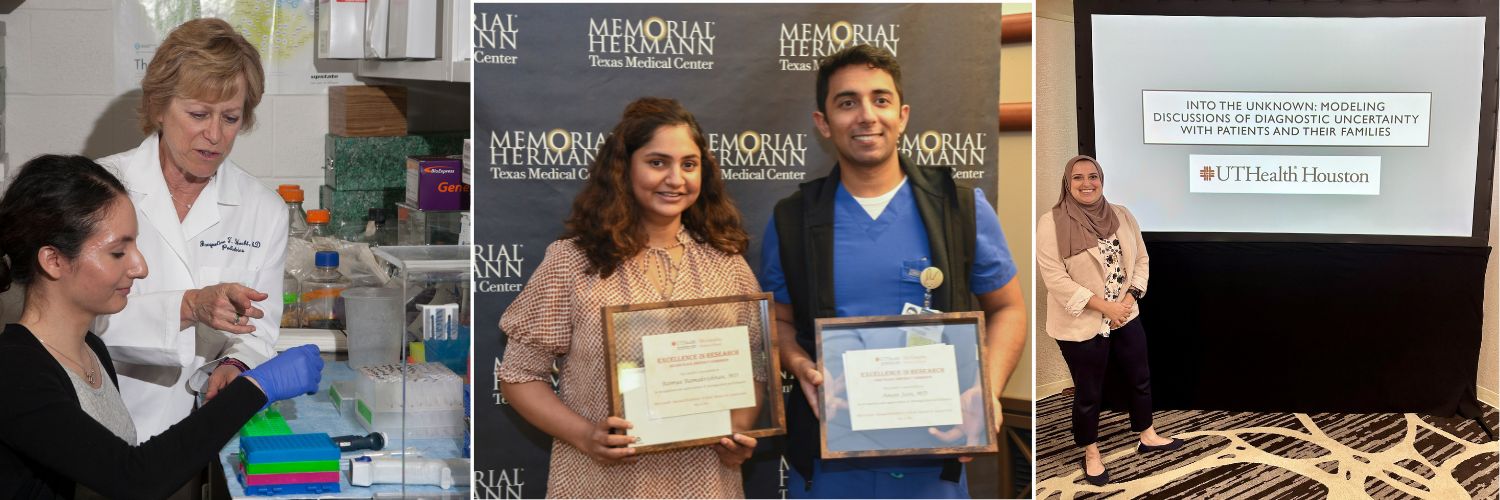Curriculum Overview
The Department of Pediatrics Residency Program currently has an X+Y curriculum that provides an excellent education experience while maximizing resident choice and schedule flexibility.
In the X+Y curriculum, all “X” rotations are generally two to four weeks in duration, with vacations during eligible rotations. After a resident completes four weeks of X rotations, they will then have one “Y week.” During Y weeks, residents are assigned to a continuity clinic where they will be able to stay for all three years of training. This consistency enables residents to build relationships with faculty, patients, and clinic staff. Also on Y weeks, residents will spend one half-day in a subspecialty clinic in addition to having an administrative half-day without any clinical duties. The Y week will also be a time for our first- and second-year residents to receive clinical and didactic education in pediatric mental health. The weekend following a Y week is also free of any clinical duties to allow residents to rest and prepare for their next rotation.
The Year-by-Year Preview shows how each year consists of rotations that include general inpatient ICU months, subspecialty months, and ambulatory months.

Research Pathways
The program supports both research pathways approved by the American Board of Pediatrics:
- Accelerated Research Pathway (ARP) – For residents committed to an academic career as a physician-scientist
The ideal candidate will be MD/DO/PhD graduate. ARP allows the resident to complete pediatrics training in two years in exchange for adding an extra year of research as a fellow. - Integrated Research Pathway (IRP) – This pathway is open to those with MD/DO/PhDs. The pathway allows residents to combine 24 months of clinical residency with up to 12 months of research, beginning after the PGY-1 year. At least 5 months of the research must be in the PGY-3 year.
Eligibility for Research Tracks
Intern applicants cannot be guaranteed acceptance into these pathways before the beginning of their internship since clinical performance and PGY-1 in-service exam scores are used to judge a candidate’s suitability for accelerated training. House staff who wish to pursue these pathways instead of a senior year must notify the program director by January 1 of their internship year and demonstrate superior clinical competence and scores on the In-Training Examination of the American Board of Pediatrics that predict successful passage of the general pediatrics certifying examination. The Education and Research Committee oversees the selection process for interested candidates.